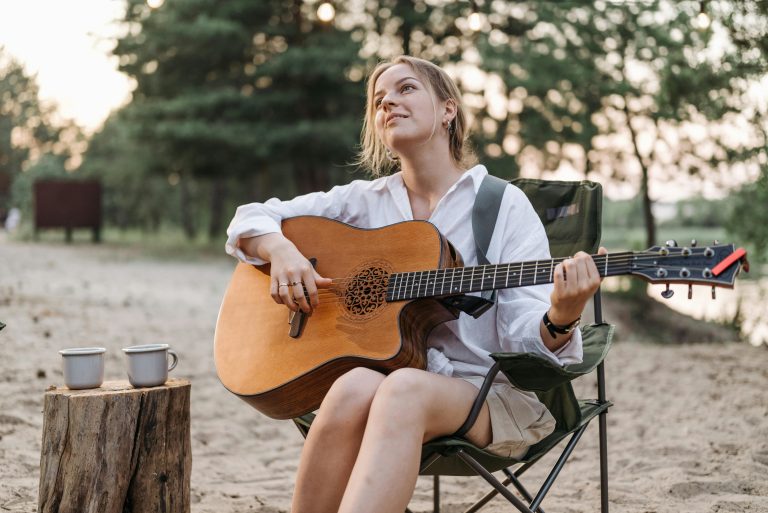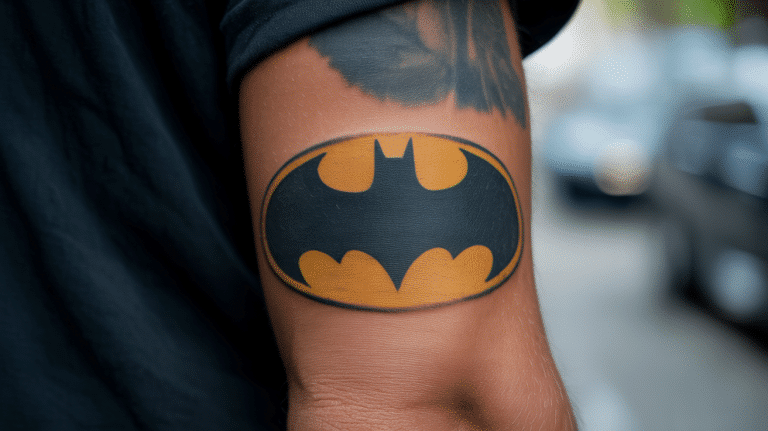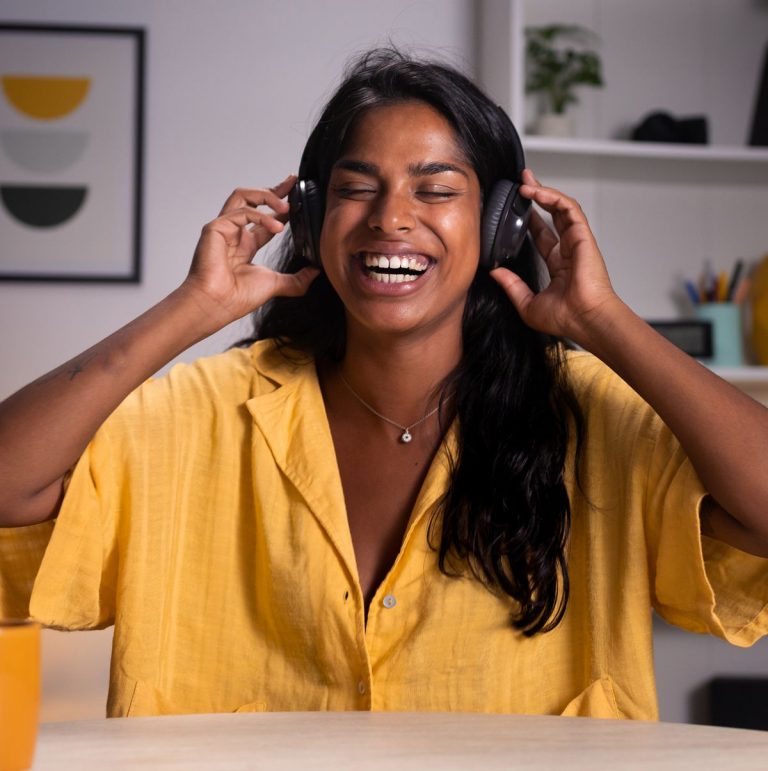There’s something magnetic about a guitar collecting dust in the corner. It calls you back in ways few things can. Maybe it’s the memory of your first power chord or the one song you almost mastered before life got too full of meetings, moves, and mortgages. Across the country, adults who once left their instruments behind are finding their way back to the fretboard, and it’s not just nostalgia driving it. It’s connection, focus, and that unmistakable buzz of creating something from nothing.
The Pandemic Spark That Never Fizzled
During lockdown, guitar sales soared. Many thought the boom would fade as offices reopened and routines returned, but it didn’t. Music stores still report steady sales and waitlists for lessons, both in person and virtual. Adults who once jammed through cheap amps in college are now investing in quality gear, from sleek electric guitars to small tube amps that look as good as they sound. It’s part comfort, part rediscovery, and part rebellion against a culture that tells you to always be productive.
Picking up a guitar again doesn’t feel like starting over. It feels like reclaiming a part of yourself that got left behind. Some find it meditative, others say it’s grounding. For many, it’s simply fun in a world that doesn’t leave much room for that kind of thing anymore.
The Emotional Charge Of Returning To Music
When adults return to music, they’re not chasing fame or youth. They’re chasing feelings. There’s something healing about revisiting an old skill with a different mindset. Mistakes don’t sting the way they used to. Progress feels like peace instead of pressure. That shift in perspective turns playing into therapy without the label.
Music psychologists have long pointed to the link between rhythm and emotional regulation. Strumming a steady pattern, repeating phrases, or playing along to a favorite song releases dopamine and calms the nervous system. It’s rhythm as medicine, and you don’t need to be good at it for it to work. A few chords, a quiet room, and a little patience can go a long way toward unwinding the mind after a long day.
The Role Of Community In The Comeback
Part of what makes this resurgence so powerful is how communal it’s become. Social media has made it easier for adult players to connect, whether through online jam sessions, learning groups, or local open mics. The awkwardness that once kept people from sharing their imperfect playing is melting away. Everyone’s a beginner again in their own way, and that shared humility makes it easier to keep going.
You’ll find neighborhood dads swapping tabs in group chats, moms carving out time between work and bedtime routines, and retired professionals spending their mornings running scales. The modern music scene doesn’t look like a smoky bar anymore. It looks like a mix of YouTube tutorials, online challenges, and living rooms that double as studios.
A Different Kind Of Progress
The beauty of coming back to the guitar as an adult is that the stakes are gone. You don’t have to prove anything. You can practice for the joy of it, not for applause. That mindset breeds real progress because it’s rooted in curiosity instead of comparison. You start playing because you want to, not because someone expects you to.
Some rediscover the thrill of improvising, others finally learn theory, and some just learn to play a song they love cleanly from start to finish. Whether it’s acoustic fingerpicking or a roaring solo, the reward is internal. The confidence that comes from creating something tangible out of sound spills into other parts of life. People report feeling more patient, more focused, and less anxious overall once they make music a habit again.
How Rhythm Becomes Routine
For many, returning to the guitar opens the door to other instruments too. It’s not uncommon for someone to add a small drum pad or even start playing drums just to better understand rhythm. That cross-training approach makes the experience richer. Rhythm teaches you how to listen, and listening teaches you how to live with more awareness.
Making music again doesn’t need to be a full-time project. Even ten minutes a day can be transformative. It’s enough to remind you what it feels like to do something purely for yourself. And that, more than technique or speed, is what keeps people coming back.
Where The Strings Lead Next
Picking up the guitar again isn’t just a personal act, it’s part of a quiet movement. Adults everywhere are realizing creativity doesn’t expire, it just waits. The same hands that type emails all day can still bend notes and make melodies. The same mind that manages deadlines can still dream.
Music, once abandoned for being impractical, is becoming a vital form of expression again. It’s not about chasing youth, it’s about choosing joy. Guitars are being dusted off not for perfection, but for presence. And maybe that’s the most beautiful sound of all.









